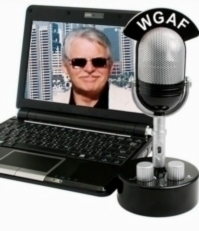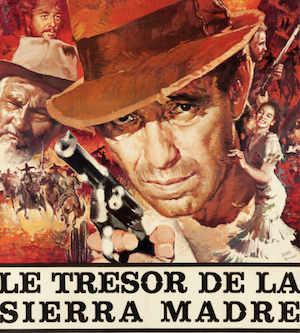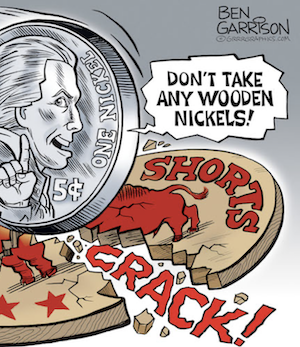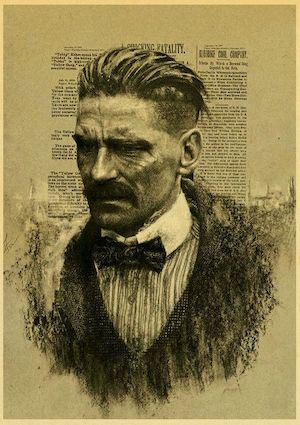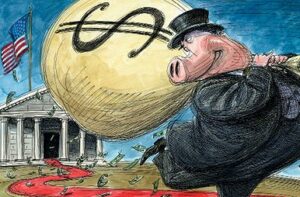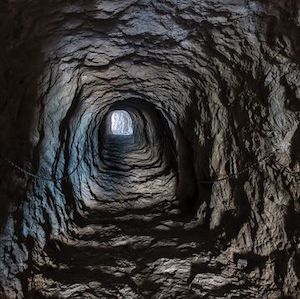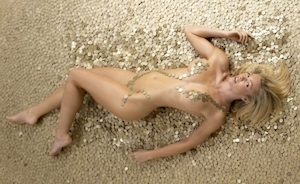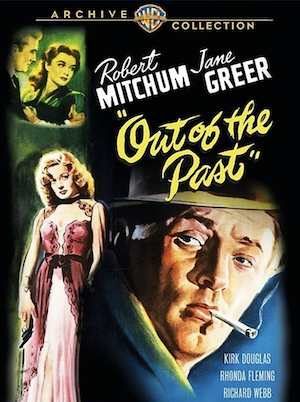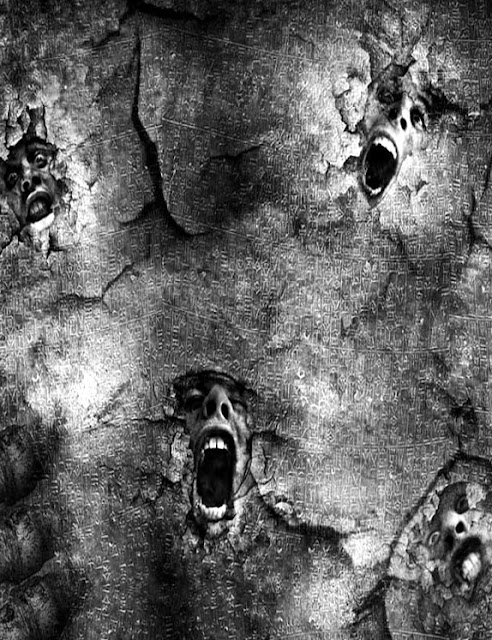 “Thus we see how the neo-liberal utopia tends to embody itself in the reality of a kind of infernal machine, whose necessity imposes itself even upon the rulers. Like the Marxism of an earlier time, with which, in this regard, it has much in common, this utopia evokes powerful belief – the free trade faith – not only among those who live off it, such as financiers, the owners and managers of large corporations, etc., but also among those, such as high-level government officials and politicians, who derive their justification for existing from it.
“Thus we see how the neo-liberal utopia tends to embody itself in the reality of a kind of infernal machine, whose necessity imposes itself even upon the rulers. Like the Marxism of an earlier time, with which, in this regard, it has much in common, this utopia evokes powerful belief – the free trade faith – not only among those who live off it, such as financiers, the owners and managers of large corporations, etc., but also among those, such as high-level government officials and politicians, who derive their justification for existing from it.
For they sanctify the power of markets in the name of economic efficiency, which requires the elimination of administrative or political barriers capable of inconveniencing the owners of capital in their individual quest for the maximisation of individual profit, which has been turned into a model of rationality.
They want independent central banks. And they preach the subordination of nation-states to the requirements of economic freedom for the masters of the economy, with the suppression of any regulation of any market, beginning with the labour market, the prohibition of deficits and inflation, the general privatisation of public services, and the reduction of public and social expenses.”
Pierre Bourdieu, L’essence du néolibéralisme

